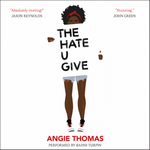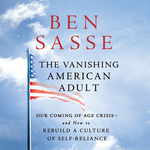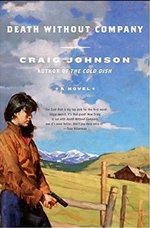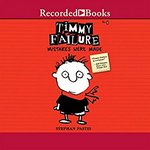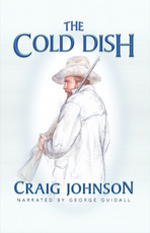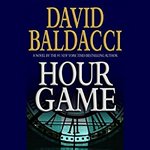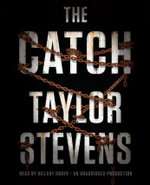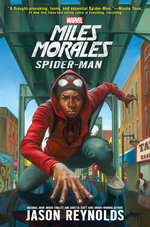 Miles Morales
Miles Morales
by Jason Reynolds, Guy Lockard (Narrator)
Unabridged Audiobook, 6 hrs. 53 min.
Listening Library, 2017
Read: August 7 – 8, 2017

It was Bendis/Bagley’s Ultimate Spider-Man that brought me back to comics after a decade-plus break, and no matter what else I read, it was one of my Top 2 titles on my pull-list. Financial concerns got me to stop reading/collecting about a year before Miles Morales showed up. I was able to deal with letting everything else go, but USM was tough — especially when I heard about this new kid. I never learned much about him, I know he’s Afro-Hispanic, that his uniform is the best one since Ditko’s original, I heard they did a good job showing Miles and his parents going through a Charter School lottery, I know he’s popular enough they brought him over from the Ultimate universe.
Still, I saw this cover floating around Twitter last week and thought it looked pretty cool, so grabbed it when I had a moment. There’s a lot of Miles, his family and his school, not a lot of Web Head. But when he shows up, it counts.
Miles is having some Spidey Sense problems, which is leading to problems at school — a suspension and some trouble with his History teacher. He’s not sleeping well — tormented by nightmares about his uncle’s death. Miles starts to wonder if people like him — descendants of criminals –should have super-powers, if he should be a super-hero. It’s hard to describe the threat that Miles and his alter-ego face, really it unveils itself slowly throughout the book. But it’s a doozy, and it’s not what it seems to be early on.
I think Miles is a great character, he’s Peter Parker-esque in the best sense of the word, while being his own guy. His parents are fun, his dad in particular is a wonderful character — a great dad, it seems. Miles’ best friend and roommate, Ganke is a hoot. There’s a girl, of course, because he’s 16. I don’t know if Alicia’s a fixture in the comic or not, but it’d be interesting to see how she is outside of this.
Oh, Miles having camouflage powers? That’s just cool.
I think Lockard went over the top occasionally with his narration. Maybe part of that is pandering to the 11-13 year-old audience that Audible tells me this is directed toward. Maybe he and the director are just excitable and/or excited. It didn’t detract from anything, it was just occasionally too much. By and large, his energy kept things moving, lively — just the way a Spider-Man story should be.
This isn’t for everyone, but for those who like the idea of a Spider-Man novel, for fans of Miles Morales, or those who are just curious about him — this’ll entertain. I won’t say I’ve read every Spider-Man novel printed in the last couple of decades — but I’m willing to be my percentage is pretty high. Miles Morales is among the best.
—–



